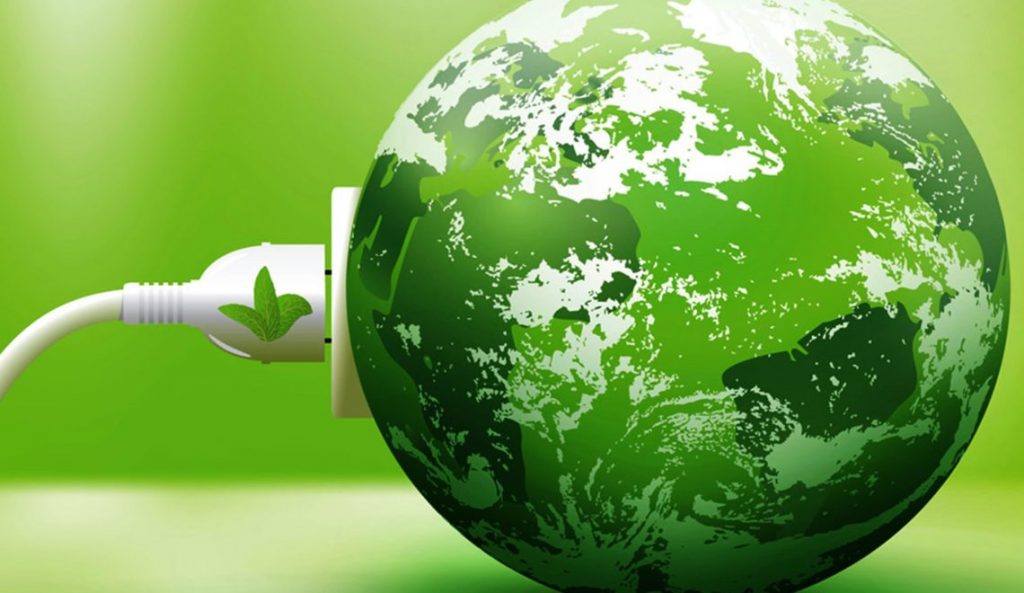In India, cows are seen as sacred ‘vehicles of the gods.’ Now work is underway to transform their manure into fuel for the vehicles of mere mortals.
The initiative to power cars and trucks with cow dung is part of Indian Prime Minister Narendra Modi’s push for quick solutions to societal problems such as pollution and poverty.
Banas Dairy, one of Asia’s largest dairy product manufacturers, is situated an idyllic village three hours from Sardar Vallabhbhai Patel International Airport in the Banaskantha district in the western state of Gujarat. Banas collects cow manure from nearby farmers, turning it into biogas for use as fuel. Japanese automaker Suzuki is studying biogas from manure as a fuel to keep its own business in India growing.
Each day, a small filling station in Banaskantha tops up the tanks of 80 to 90 compressed natural gas (CNG) powered cars. Behind the station is the biogas plant. Tractors, their trailers filled with cow manure, stream in constantly.
Indeed, there is little odor. Indian cows often eat grass instead of cattle feed, so their excrement does not smell as strong. The manure is dumped into a large, spherical tank where it is refined and compacted as it ferments.
A biogas filling station in the western Indian state of Gujarat, is seen here with a biogas production plant in the background.
The idea of using bovine waste to power cars may strike some as whimsical or humorous, but the economics make sense, at least in some places. The manure is purchased for 1 rupee ($0.01) per kilogram, which raises farmers’ incomes. After the biogas is siphoned off, the residue can be returned to the farmers as organic fertilizer. A day’s worth of manure from 10 cows can run one CNG vehicle for a full day. There are about 300 million cows in India, meaning, in theory, 30 million cars in the country could be fueled solely by biogas from cow manure.
The biogas can be used directly in CNG vehicles, of which Suzuki holds a 70% market share in India. In September, the Japanese automaker agreed to set up four biogas production plants, together with Banas Dairy and others through a Suzuki subsidiary.
If cattle excrement is left in the open, it gives off methane, a greenhouse gas 28 times more powerful than carbon dioxide. But if the methane is collected, its release into the atmosphere can be limited.
Replacing fossil fuels helps with decarbonization. Moreover, cattle fodder in the form of grass sucks CO2 from the atmosphere as it grows. All of these factors mean cow dung has a lower carbon footprint than other types of fuel.
Using biogas for transport in India offers several environmental and economic advantages over electric vehicles. The electricity needed to power EVs in India will inevitably come mostly from fossil fuel-fired power plants. And the country remains poor: An estimated 130 million Indians live on incomes of less than $2 a day. EVs are beyond the reach of many.
Suzuki’s efforts to achieve both sales growth and carbon neutrality in India led them to cows, which, due to their exalted status, are ubiquitous. The idea could only have come from Suzuki, which has been building cars India for decades.
In rural India, it is common to see cow dung plastered against the walls of houses to dry, or formed into chips and piled up in yards for use as cooking fuel. Modi has long entertained the idea that cow manure could help ease rural poverty and raise living standards.
State-owned Hindustan Petroleum has also embarked on a biogas project that converts cow manure into fuel for cars as part of Modi’s Swacch Bharat (Clean India) environmental campaign. The idea is to clean up the countryside, generate energy from livestock waste and lift the incomes of rural households.
If biogas, which costs about half as much as gasoline in India, becomes a popular fuel for autos, young people in rural areas will have be able to attend high schools and universities in cities. Others will be able to travel farther for work. People in rural areas will also be able to reach modern hospitals. Biogas thus has the potential to improve rural life and create jobs.
Since the Hindu nationalist Bharatiya Janata Party came to power in 2014, laws protecting cattle have been tightened in many states. Turning these animals into a fuel source will, like the slow, steady steps of a cow, advance India’s hopes of energy self-sufficiency and a greener energy mix.
Tags: Biogas, CNG, Decarbonise, Suzuki



Recent Posts
Blue Marlin Becomes First Inland Cargo Vessel with Solar-Assisted Propulsion
ABB and Royal Caribbean Partner on 15-Year Deal to Drive Vessel Efficiency and Decarbonization
IET Establishes Centres of Excellence for Green Hydrogen and Electric Vehicle Research
SECI Cancels Green Hydrogen Hub Tender, Pauses Momentum on Flagship Mission
India Pushes Green Shipping and Sustainable Waterways in Northeast with ₹5,000 Crore Investment
Himachal Pradesh Plans Major Boost to Public Transport with E-Buses and Digital Upgrades
Ammonia-Fueled Container Feeder Design Marks Progress in Maritime Decarbonisation
ABS Develops Industry-Leading EV Battery Fire Simulation Modeling